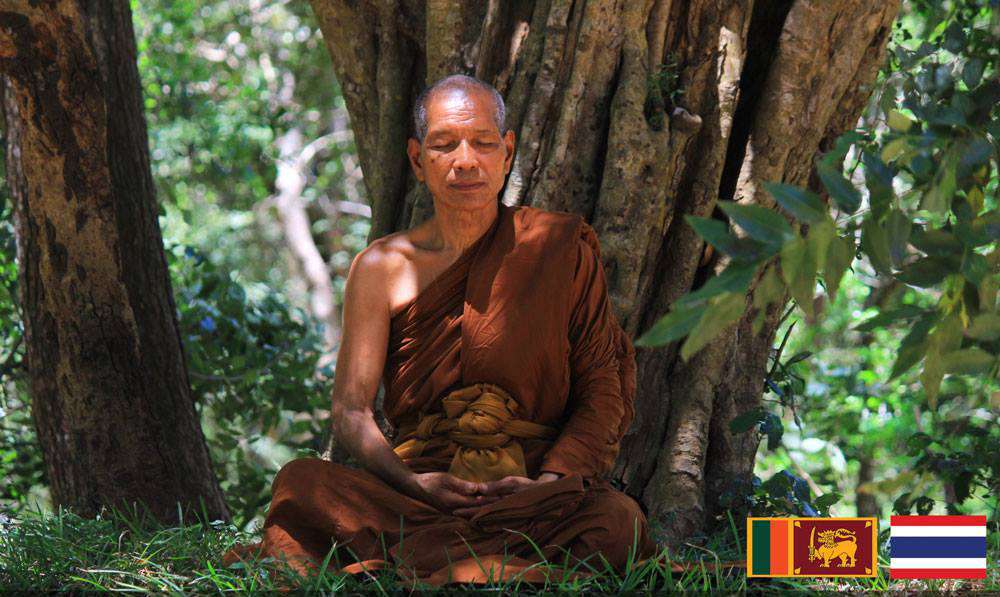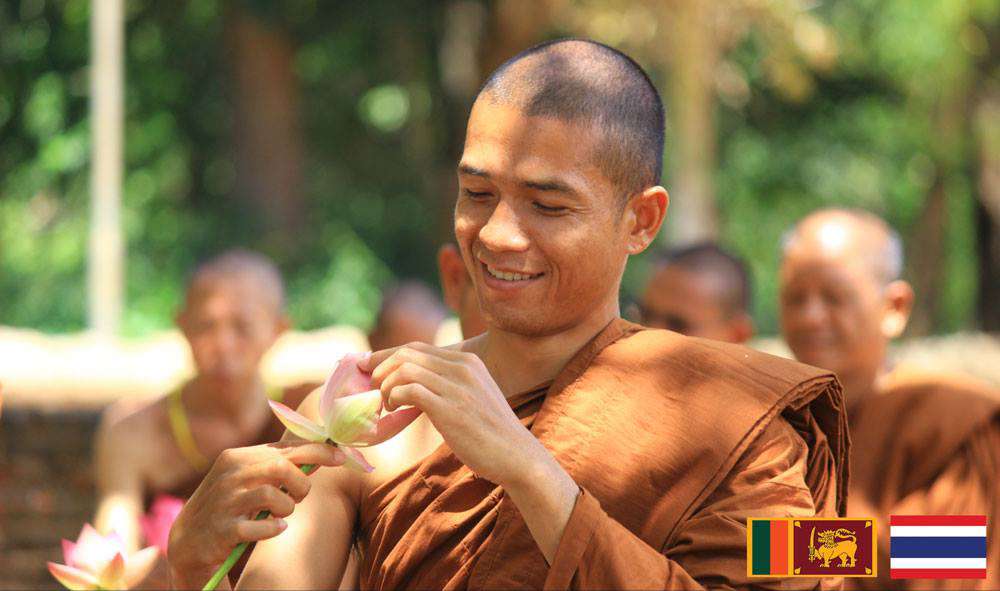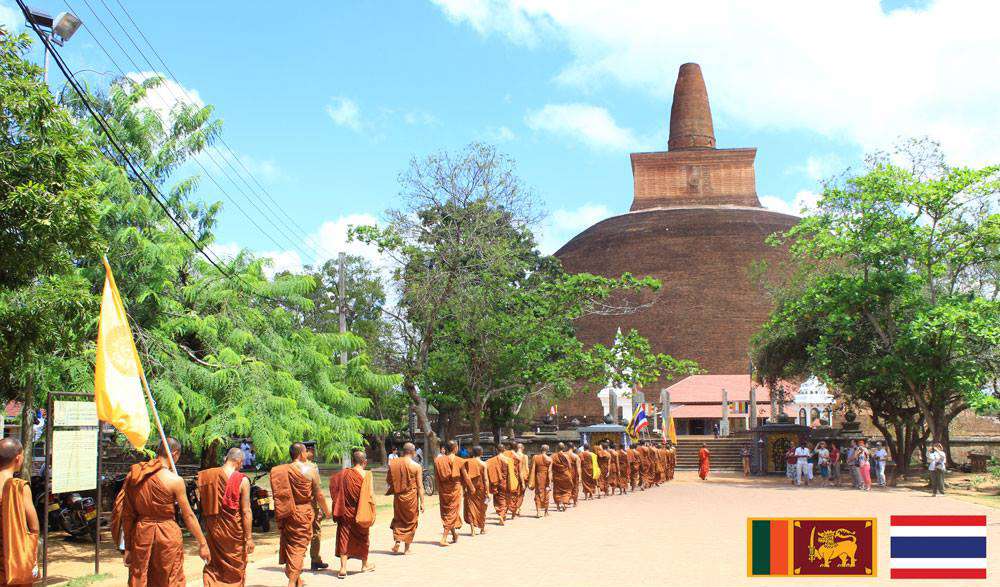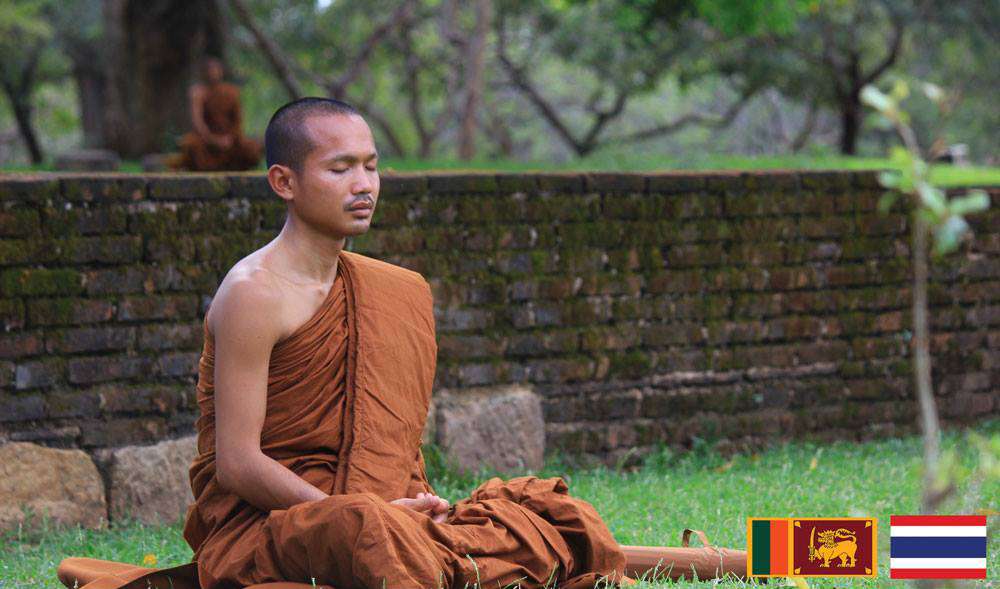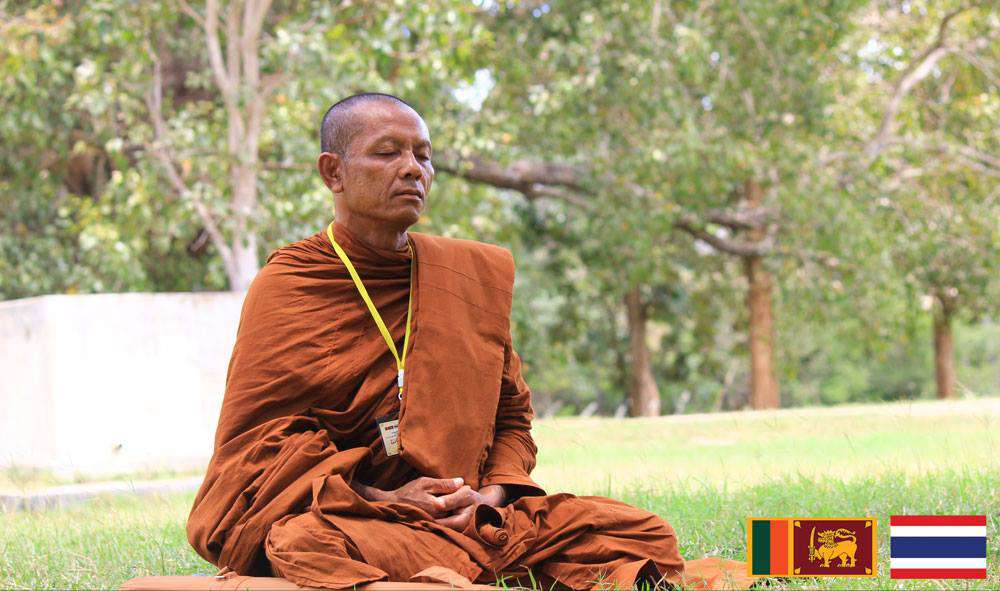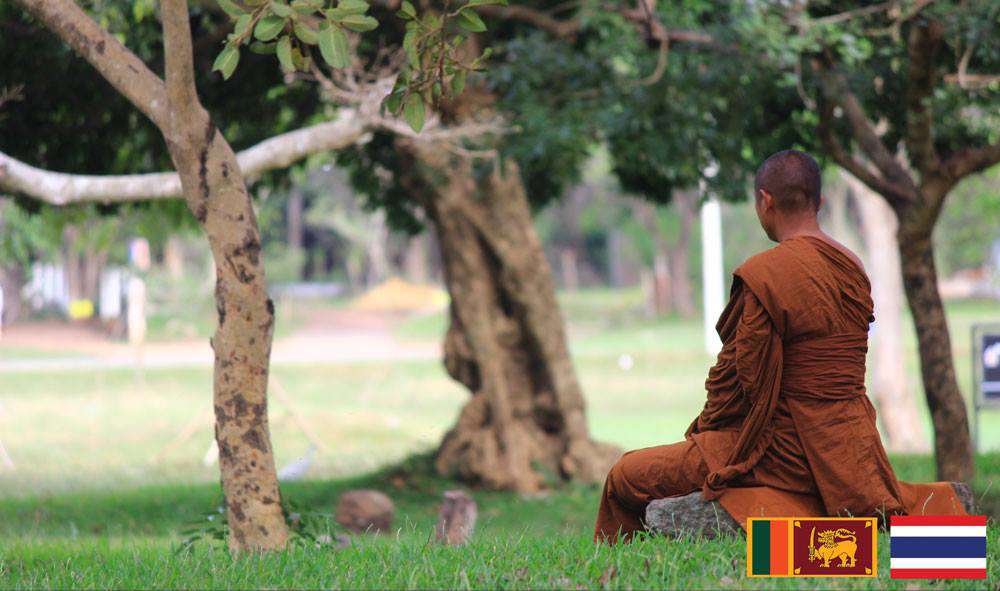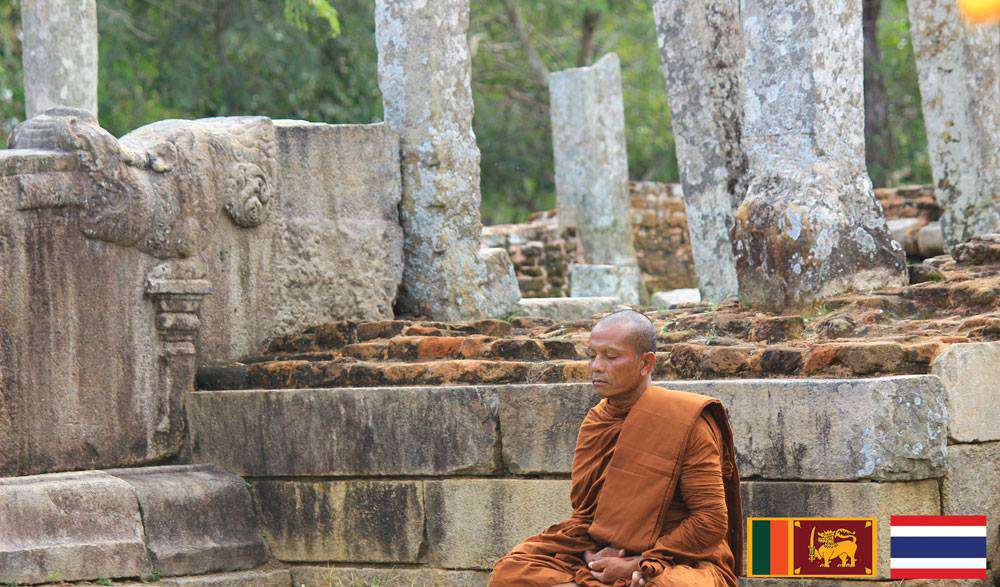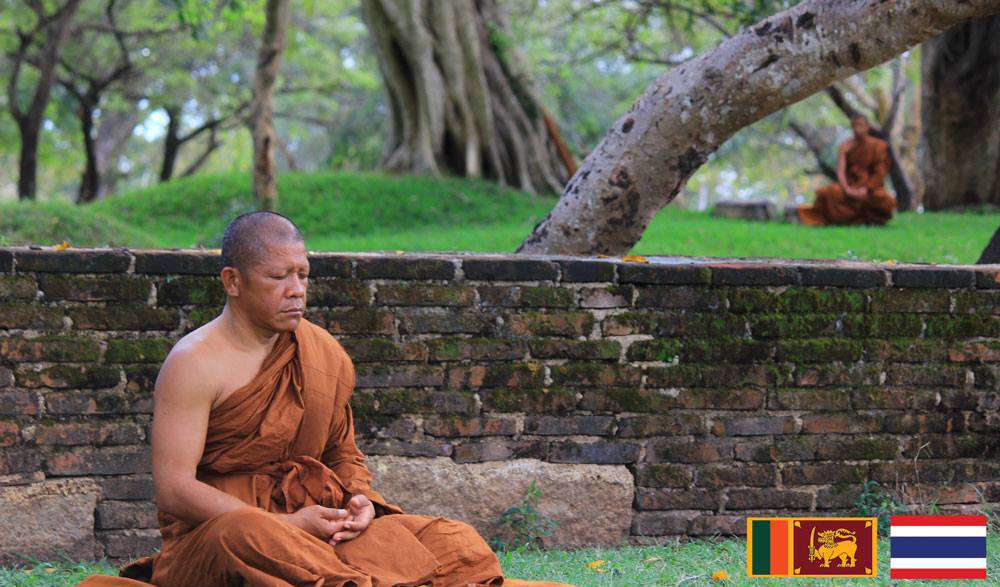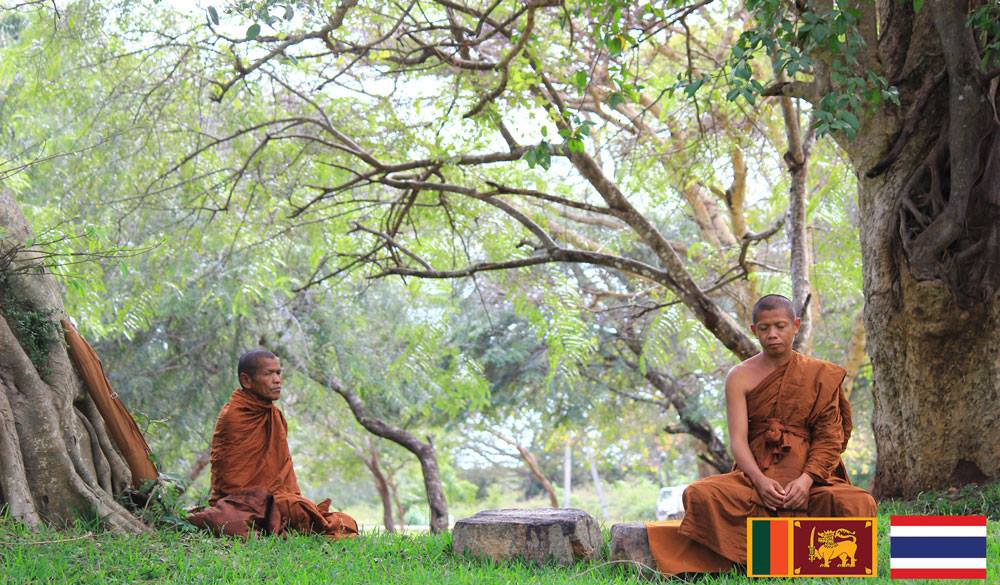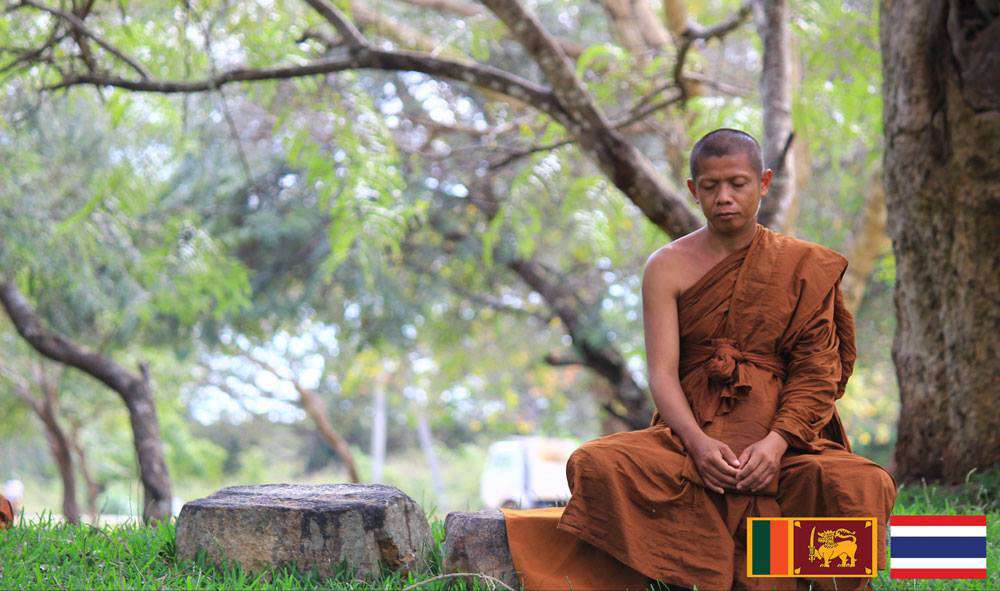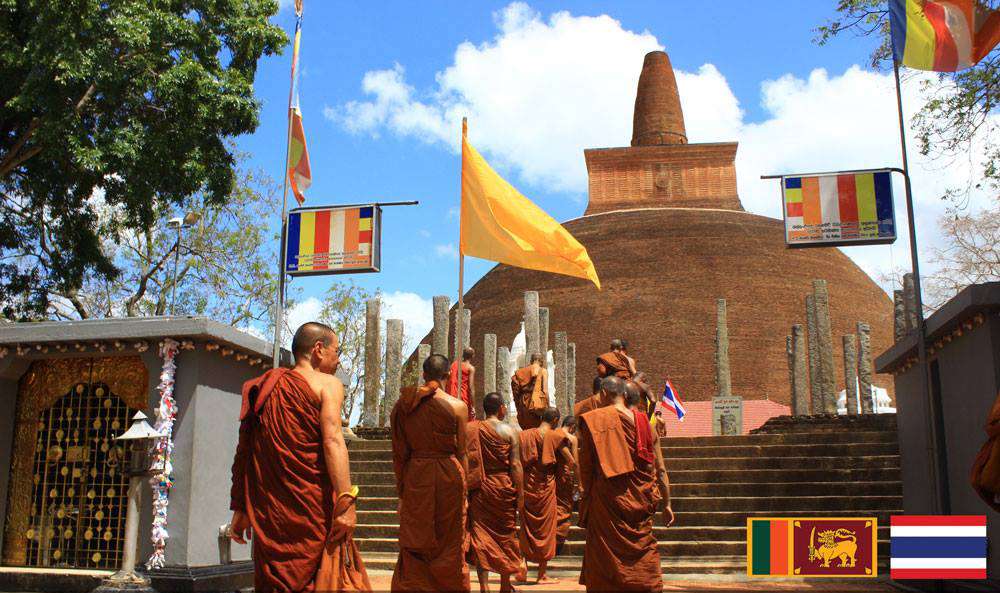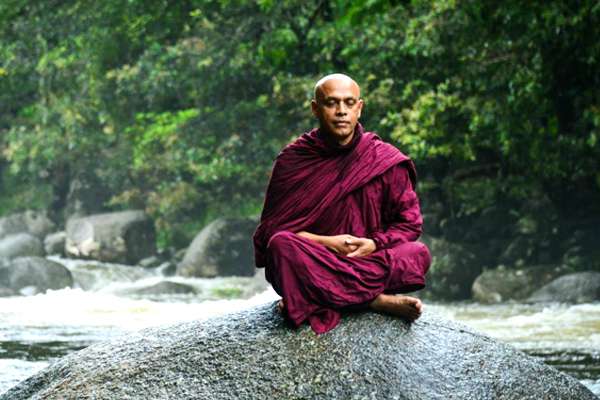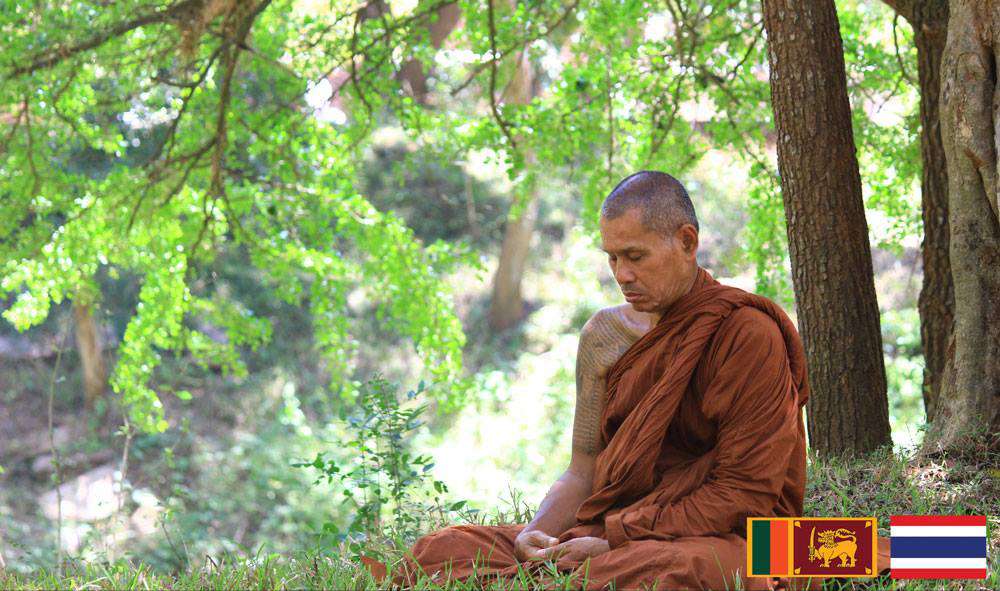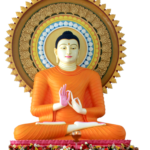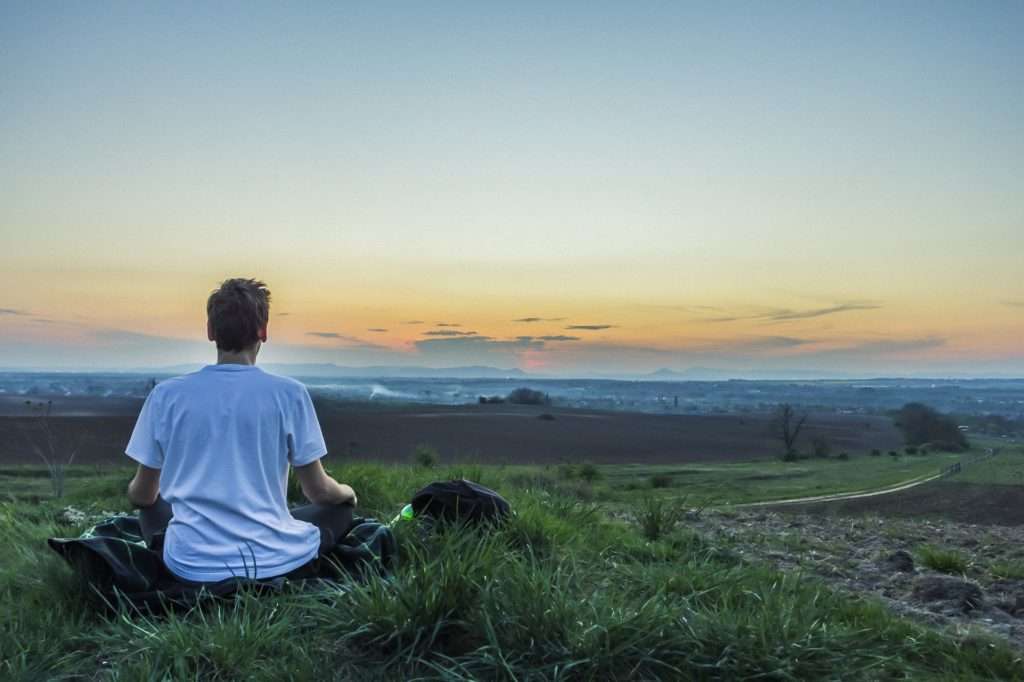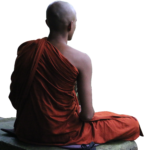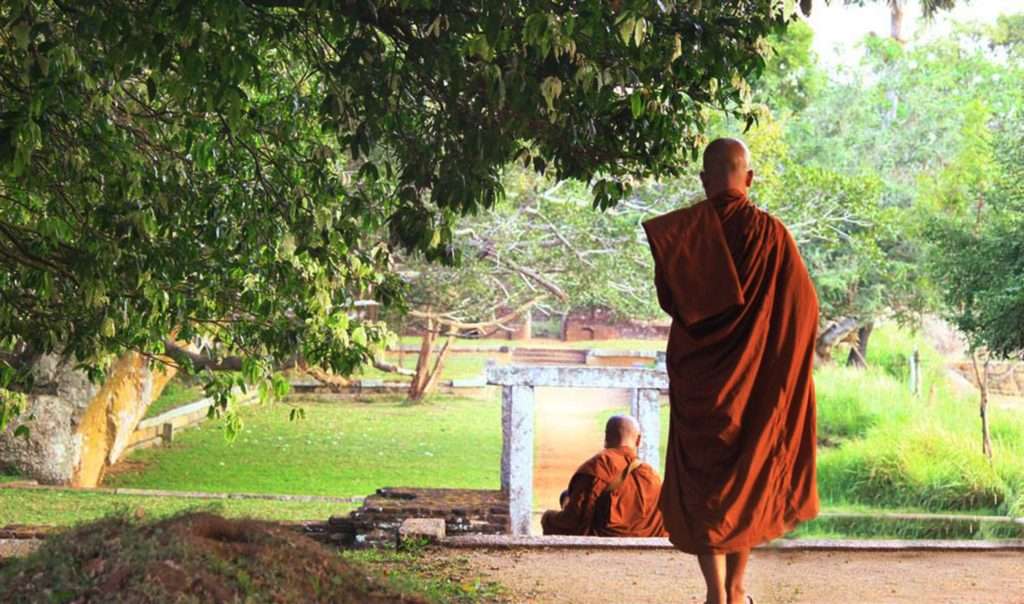Mindfulness of Death Meditation

In this last section, we will introduce you to the Maranānussati bhāvanā or contemplation on death. The Buddha once said that footprints of all animals, despite them being two-legged, four-legged or multi-legged, could be placed within the footprint of an elephant. Similarly, all wholesome qualities can be assembled under “Appamādo”, that is heedfulness or diligence. The Buddha said that a disciple should be heedful in order to generate merit and to end suffering.
The Buddha said, “mā bhikkhave punnānaṁ bhāyitta,” monks, you should not be afraid of generating merit; “kattabbaṁ kusalaṁ bahuṁ,” do wholesome deeds frequently. The merits we gather in this life will ripen in lives to come. In this life, we are born as human beings because of merit from past lives. To be born in the human world and in the heavenly world, one needs merit. Nonetheless, merit generates the right conditions for the realization of noble Dhamma. The Buddha said that he would never, not for a moment, appreciate the continuation of this cycle of rebirth. Therefore, the disciple should be heedful to end suffering.
Many postpone practicing Dhamma because of their engagements of the mundane life. Ordinary human beings consider employment, housing and good education for their children as great challenges of life; but they are unable to recognize the grave crisis of the mankind; which are, aging, sickness and death. Many consider retirement is the best time to practice Dhamma; this is because they do not realize that death can occur at any moment, without warning. They are preoccupied with planning for the future and often die before realizing their dreams for the future. The Buddha said that wise people should practice mindfulness of death to develop heedfulness. One who practices mindfulness of death is keen to practice calming and insight meditations for the realization of the noble Dhamma.
Mindfulness of Death meditation
- All beings that are born are subject to death.
Beings in heaven, beings in the Brahma world, beings in the animal world, and beings in the planes of misery are subject to death.
No being escapes death.
No one knows when and where death occurs.
Death comes in the womb. Death comes in infancy. Death comes in youth. Death comes in middle age. And death comes in old age. Death is independent from age.
- No one predicts when, where, and how one will die.
Death comes to the rich. Death comes to the poor. Death comes to the learned. Death comes to the unlearned. Death comes to the highborn. Death comes to the lowborn. Death comes to the noble. Death comes to the ignoble. Death comes to the beautiful. Death comes to the ugly. Death comes to the skilled; and death comes to the unskilled.
Death does not discriminate.
- Death comes in the morning. Death comes in the day. Death comes in the evening. And death comes in the night.
Men and women die independent of time.
- Death occurs from drowning. Death occurs from fire. Death occurs from poisoning. Death occurs from sickness. Death occurs from earthquakes. Death occurs from flooding. Death occurs from natural disasters. Death occurs from accidents. Death occurs from biting. Death occurs from callous actions. Death occurs from suffocation. Death occurs from choking. Death occurs from stumbling; and death occurs from the completion of lifespan.
Beings die in multitude of circumstances.
- Death comes to a Supreme Buddha. Death comes to a Private Buddha. Death comes to an enlightened one. And death comes to those who are on the noble path.
- Death comes closer as day and night pass.
One may die between an inhalation and an exhalation.
Death occurs in an instant.
All who are born inherit death.
Knowing this, I will engage in wholesome activities.
Knowing this, I will practice calm and insight meditation.
Knowing this, I will work to end suffering like one trying to put out a fire on their head.


